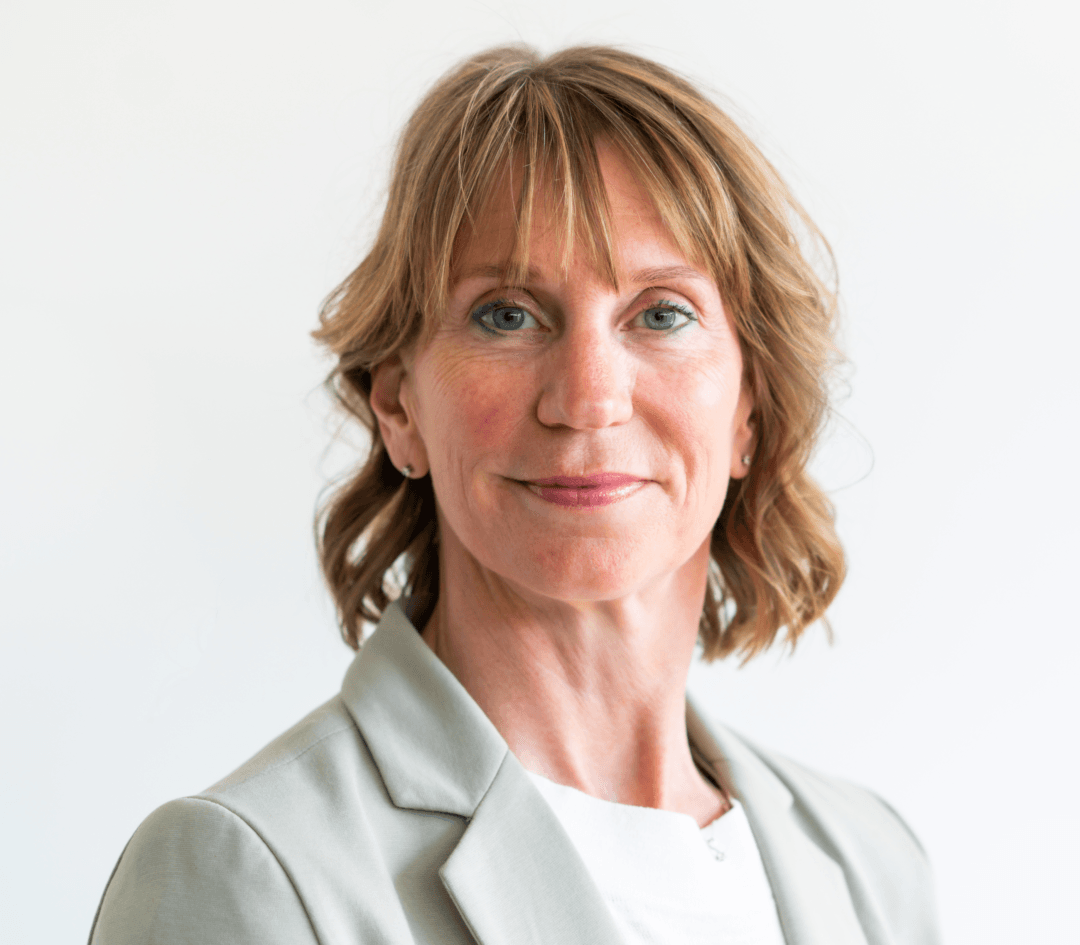
Since the global goods industry is moving towards a more digital future, the main point that provokes anxiety is still the continuous use of the paper industry – especially for documents such as airway bills – although digital alternatives are available.
“Everything can be dealt with digitally – and this is not the problem,” said Faydra Den Hertug, Awary Customer Success Officer. “The challenge comes from external requirements, such as ground handling agents or customs authorities in some countries that still insist on material papers.”
While systems, such as Aweys, can already create and link digital versions of documents, full adoption depends on organizational acceptance. “If customs agencies and other stakeholders accept digital formats, this would make a big difference. These relationships closely with initiatives such as one record, where everything is unified and accessible on one digital platform. We are already ready for this transformation.”
But obstacles are not just technology – they are institutional. “There are no technical restrictions on our part,” she explained. “It is really the issue of old requirements from external bodies. I remember when the industry entered for the first time, there were red copies, green copies – all kinds of publications – and they were passing through dozens of hands. Thank God, it has changed a lot, but there is still a work to do.
“For this reason, cooperation in all fields is necessary to stimulate change. As a result of our strong presence in the industry, and as thirsty holders to share data throughout the stakeholders, we are working closely with the likes of the International Air Transport Association (IATA) as development partners for carbon dioxide, and cooperation in reducing and compensating carbon emissions.”
Innovation at work
This contradiction between what is possible and what he is practicing is at the heart of many challenges in air cargo. It is also where Awey sees the greatest opportunity.
Hackathons, where the company now got four wins[DJ1] It is the ground for the extent of the speed of innovation. “Winning in four consecutive shows the strength and creativity of our team,” said Den Herteg. “It is our ability to look at the challenge and the initial model quickly a solution – this is the power of AWEY.
“The goods are still behind the knees. We still see a lot of the used Excel leaves.” “One of the records of business was for more than 15 years, and the fact that it is still not fully implemented shows how slowly the industry air conditioning is. If 2026 is the standard year, then this gives us about 10 months to go. It is ambitious, but it is necessary.”
Trade tracking
One of the areas in which this rapid innovation has an increased impact on the comprehensive vision-and now is an organizational necessity, not just a commercial advantage. The Aweys’s Tools Group provides full shipping management solutions specifically designed for airlines, charter operators and ACMI service providers. Their systems allow for the actual time and operational integration-a necessity in an environment in which the immediate information is no longer optional.
“The actual time updates are necessary, not only during the disturbances, but also to comply,” explained by Dun Herteg. “Our integration with platforms such as hurricane helps ensure that users are in line with advanced regulations, such as international tax laws. We are very focused on safety and compliance, and we hold certificates like Socot 2 in the United States and ISO equivalent in Europe. This level of supervision builds confidence in our users.”
“The governments want to know where the shipments arise, and often reach the charger level,” said Den Herteg. “Although we do not participate directly in things like work practices, we support detailed compliance. AWEY can now obtain data and trade restrictions directly at the reservation level.”
With new regulations on the horizon, the ability to provide the depth of information is more than just a competitive advantage – it is a condition of compliance.
But not every region or the owners of an interest moves at the same speed. “Some companies are still working with a mentality,” we did this in this way for 100 years, why are they change now? “This is a big obstacle. It is not a matter of selecting AWEY for another provider – it is about opening up to better and more efficient ways to work. “
What the industry wants
Listening to customers was a key to this development. One of the modern examples is the unit of claims currently. “This came directly from customer notes,” said Den Herteg. “There is a real need for that.”
“The reference to explosive growth in e-commerce as a change for the games for digital adoption, Den Herteg said:” I was only in this morning committee and I heard statistics-for 34 shipments for e-commerce per person, every year. This is tremendous. I think we can play an important role in helping these markets to adapt and expand their scope efficiently. “